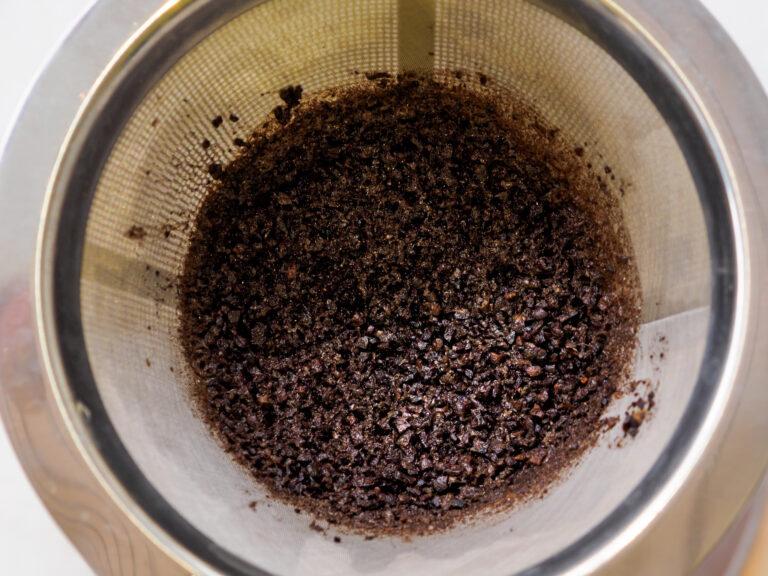The company claims that coffee flour contains: three times as much protein per gram than almond flour, less calories per gram than buckwheat flour, less fat per gram than coconut flour, more fibre per gram than whole grain wheat flour and more potassium per gram than a banana.
The oil can be used as a sweetener, natural colouring and preservative in foods and drinks.
Spent coffee grounds are collected from hotels and offices in Copenhagen, from which an innovative biotechnological process extracts the oil and leaves behind gluten-free flour.
We do not have detailed information on the production process, and used coffee grounds can pose various microbiological and chemical risks (e.g. mycotoxins).
In the European Union, the placing on the market of novel foods is regulated since 1997. Under this legislation, novel foods are foods that have not been consumed to a significant degree by humans in the European Union before 1997.
The legislation currently in force (EU Regulation 2015/2283) describes several categories of foodstuffs which, if they do not have a proven history of consumption before 1997, may pose a food safety risk to consumers due to their nature, structure, method of use or the production technology used. For this reason, the placing on the market of novel foods is subject to a rigorous safety assessment.
More information on the legislation and authorisation of novel foods is available on the European Commission's website.
A study from 2020 provides a comprehensive overview of the legal classification and status of coffee by-products as novel foods in the EU.
Update
The Danish Veterinary and Food Administration has submitted a request for spent coffee grounds, defatted spent coffee grounds and defatted unused coffee grounds (from Coffea sp., mainly Coffea arabica L. and Coffea canephora (Robusta)) not to be considered as novel foods. In their reasoning they stated that coffee beans/seeds have a history of consumption in the European Union prior to 15 May 1997 as roasted and ground coffee beans for brewing coffee. Several recipes exist for using ground coffee beans e.g. in preparation of chocolate products in the EU. Whole coffee beans (e.g. chocolate-coated coffee beans) have been on the market in the EU before 15 May 1997. Therefore, roasted coffee beans (whole and ground) are not novel food.
Data provided show only minor differences in the composition of macronutrients of unused and spent coffee grounds. The level of caffeine is lower in spent coffee grounds compared to unused coffee grounds. With regard to its novel food status, spent coffee ground after making a watery ex- tract (coffee) should therefore, not be distinguished from unused coffee grounds.
The request was accepted, spent coffee grounds are not considered novel food, thus their access to the market is not subject to the novel food regulation. However, other specific legislation may restrict the placing on the market of this product as a food or food ingredient in some member states. Therefore, it is recommended to check with the national competent authorities.

